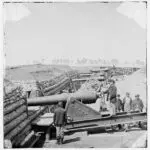As we’ve discussed previously on the Battlefield Tours of Virginia Blog, the legacy of the American Civil War is still being felt today. With around 750,000 casualties and a country divided between North and South, the world’s first major industrialized conflict has unsurprisingly left deep scars.
However, the war was also the final answer to a series of debates and divisions that had been stirring since the very founding of the United States, none more important than the question of slavery.
Below, we’ll address some of the momentous changes the Civil War brought about that continue to shape our society.
At Battlefield Tours of Virginia, we organize private battlefield tour experiences led by expert guides. If you are interested in touring key Civil War sites in Virginia, please explore our range of Civil War Battlefield Tours.
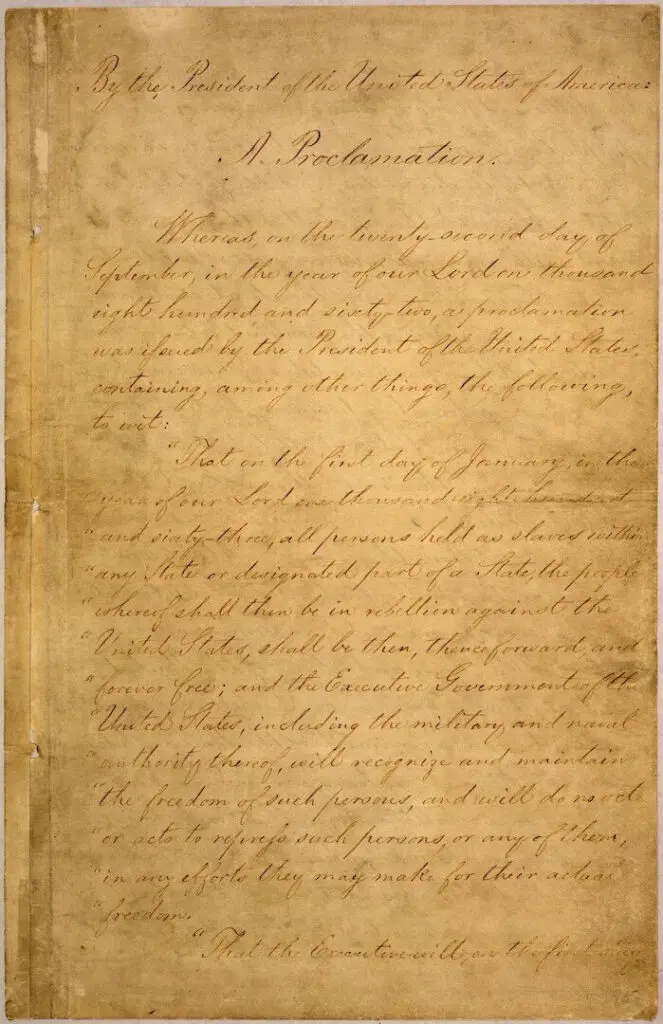
The Civil War Ended Slavery
The issue of slavery in the United States was at the core of all the divisions that led to the beginning of the conflict. (To learn more, read our article What Were the Main Reasons for the Civil War?). That the conflict finally sounded the death knell of the peculiar institution is undoubtedly the biggest change resulting from the war.
The Civil War raged for two years when President Lincoln issued the Emancipation Proclamation on January 1, 1863. It declared that all enslaved people in Confederacy were free. Though it did not go so far as to free all enslaved people in the United States, it paved the way for the passage of the Thirteenth Amendment, which outlawed slavery everywhere in the U.S. on January 31, 1865.
War had brought a complete end to the institution which had threatened the very existence of the United States itself.
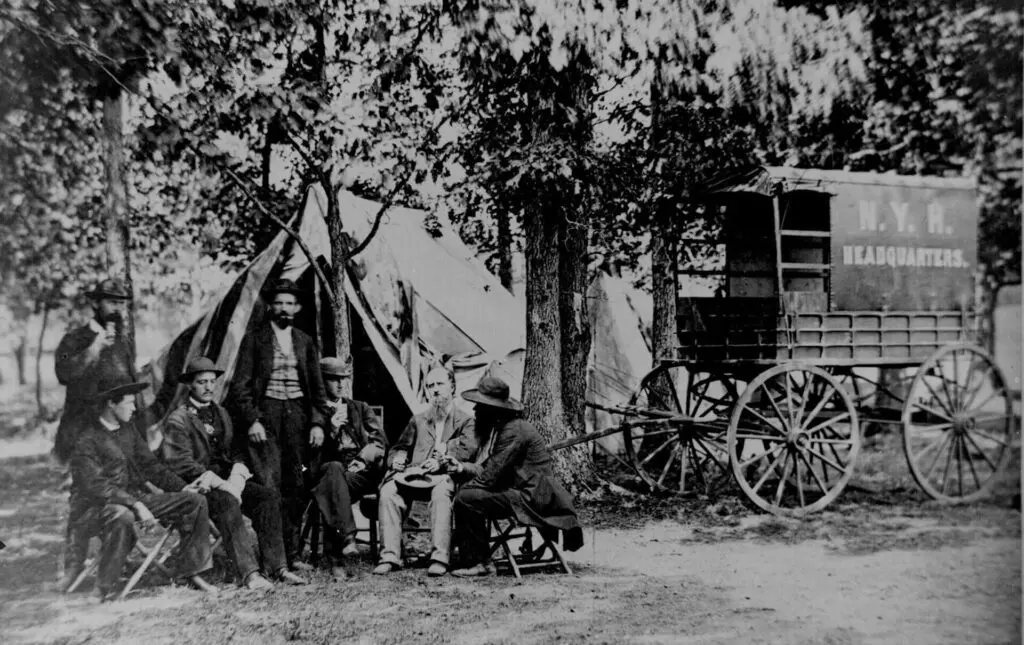
The Civil War Empowered the Press
One of the most important rights in American society is freedom of speech, which includes political opinions and criticism of government officials.
The right to free speech is today essential to American democracy because it allows citizens to hold their leaders accountable by voicing concerns about how they are running things. It also encourages people to think critically about what’s happening around them, which can help them improve society as a whole.
During the Civil War, there were many limitations on what you could say publicly. Some critics complained that these restrictions were unfair, but ultimately, the federal government restricted constitutional freedoms during the war for what they believed was the greater good.
Fear of too much information getting released into the public domain (such as military plans) and unwanted propaganda led to Union generals taking measures to control what newspapers would print.
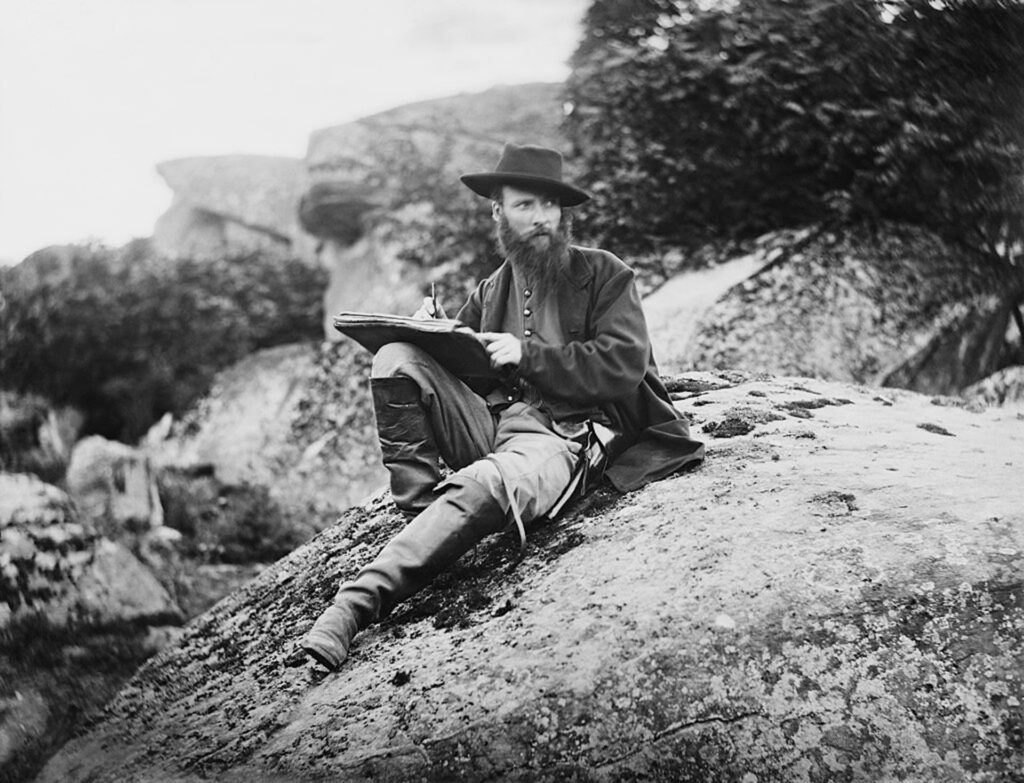
Conversely, many Confederate troops needed to check the papers in the war’s final days to keep up to date with events; their generals were refusing to relay information about Confederate losses for fear of damaging morale.
However, the Civil War took the press to new heights in the United States. It could easily be argued that this was the first glimpse of the rolling news we’re so accustomed to today. During the war, newspapers provided a captivated public with a stream of war reportage the likes of which had not been seen before.
This boom in the press’s significance would continue after the war, leaving a new print media that could greatly influence national politics and public opinion.
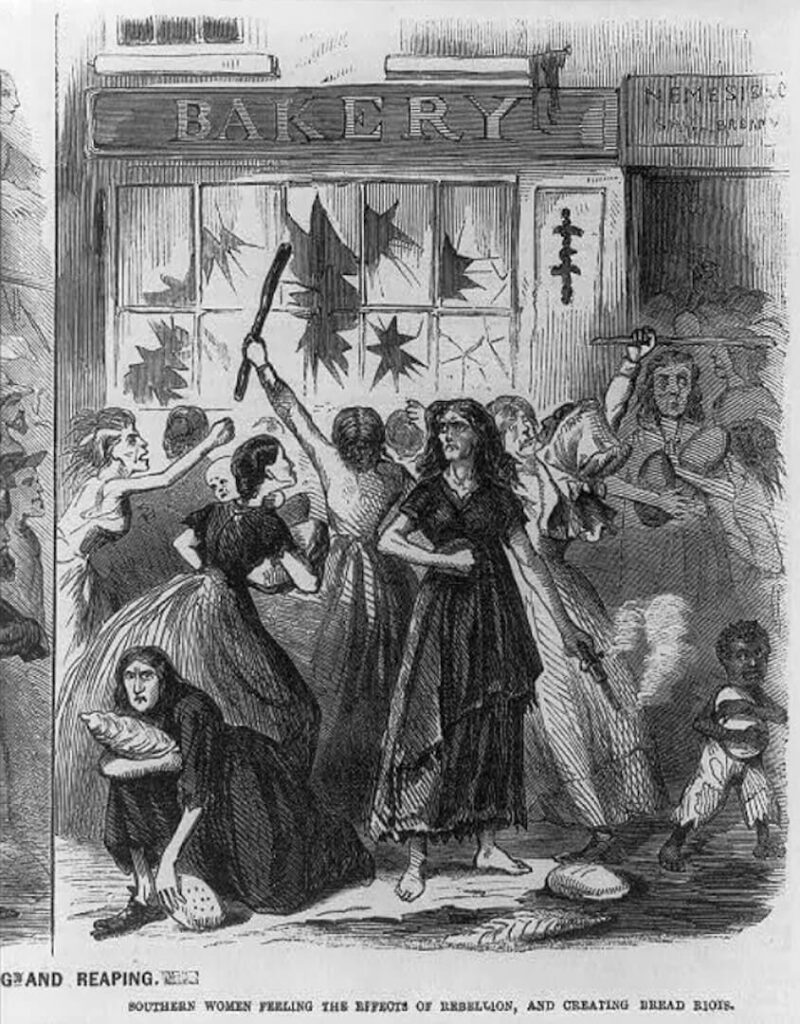
The Civil War Affected Women’s Rights
The American Civil War was a milestone in the history of women’s rights. Women played a major role on both sides of the conflict, and their actions helped to bring about many changes in society.
While thousands of men went off to fight in the war, women began working jobs that needed filling, including learning to farm and do other manual labor. Furthermore, many women got involved in societies to help their soldiers at war.
These organizations would make uniforms for soldiers, prepare food and other supplies, and even campaign to ensure soldiers were kept in decent, hygienic conditions while at war.
As with aid organizations, an unprecedented number of women became involved in nursing. Over 20,000 women enlisted as nurses and leading figures, such as Clara Barton, became known as the angels of the battlefields. Barton introduced the Red Cross to the United States in 1881.
Then, the women actively fought in the war or acted as spies. It’s estimated that up to 1,000 women fought in the war, though we will never know the true number as they were disguised as men. However, the war was a time during which traditional gender roles were being challenged.
With the immense numbers of women working for charities or as nurses, clerks, and farm laborers, there was no question that the war would have a lasting impact on the lives of women in the United States.
Finally, it was during the Civil Women that many women first became politically active, and in the wake of the war, during Reconstruction, women began voting for the first time. In 1869, Congress passed an amendment forbidding states from restricting women’s right to vote (though it took another twenty years before all forty-five states ratified it).
In conclusion, the American Civil War has had a lasting impact on almost every aspect of life in the United States. It influenced society, culture, politics, economics, and social structure.
If you want to further your knowledge of this chapter in American history, there’s no better way than turning American Civil War battlefields in the company of an expert guide. Browse our Battlefield Tours, Combo Tours, and Custom Tour options.
If you have any questions, please get in touch.
(Want to continue reading about the history of the American Civil War? Read What Makes the American Civil War Unique in History? next.)

